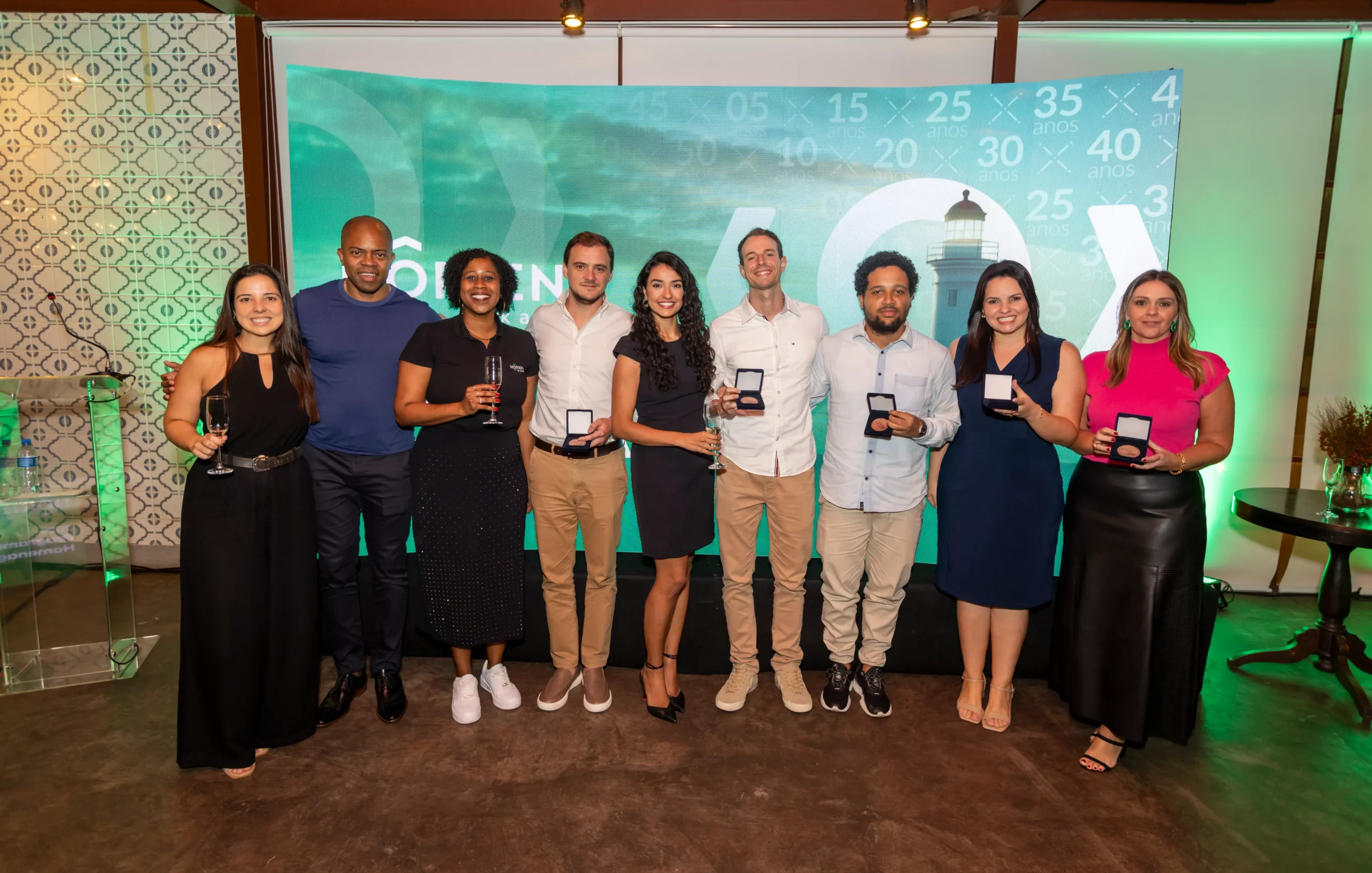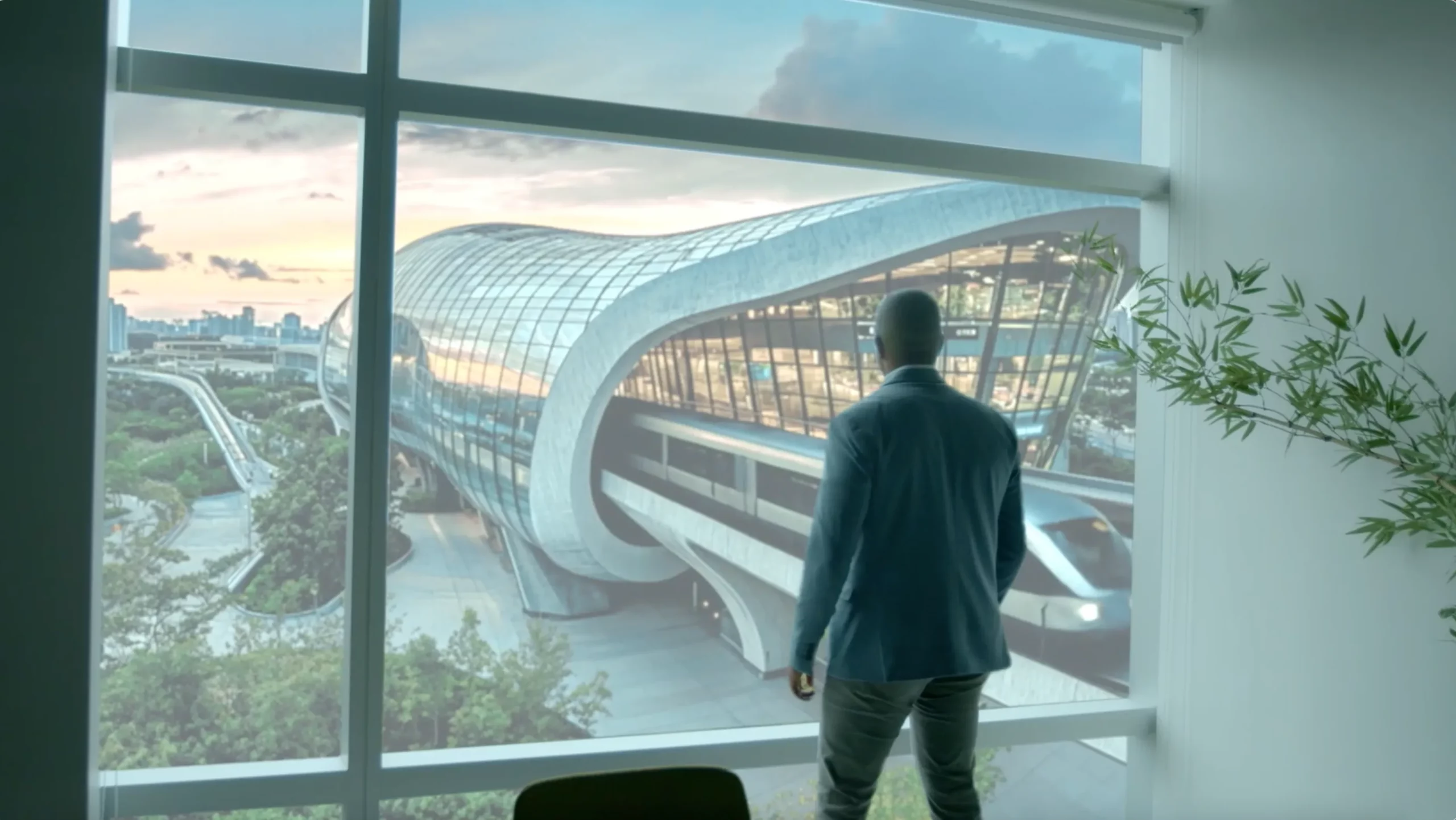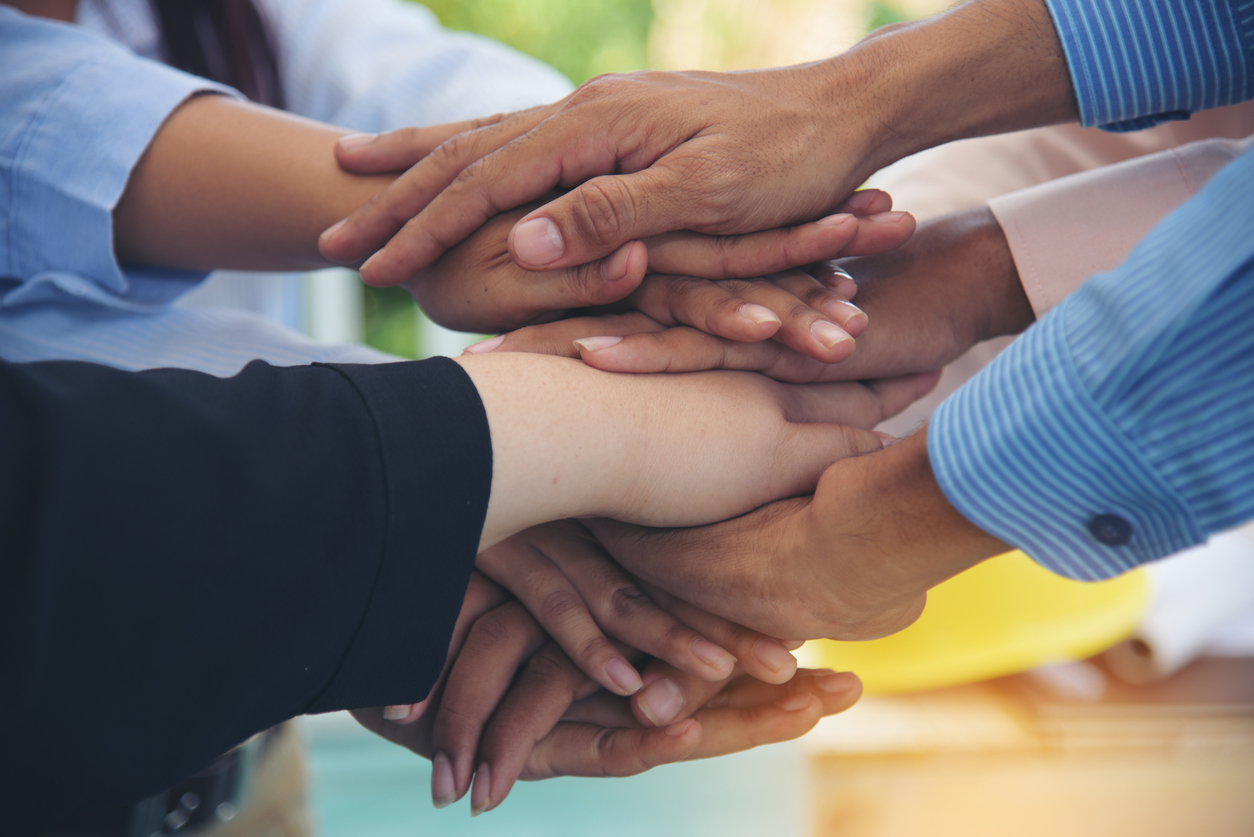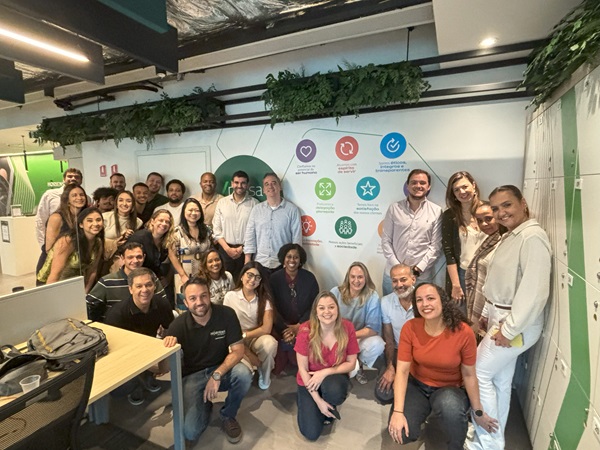Recently we promoted a workshop at the company where I work, which brought as a central theme the need to take the lead in our own careers and to be the true architects of our lives.
Around this theme, we talked about essential competencies to deal with these new times we live in, which bring more and more complex and urgent challenges to solve as a society. Two of these competencies, in particular, have given me great food for thought.
Futures Literacy
Have you ever heard of futures literacy?
The concept is considered by UNESCO to be one of the main skills that people will be looking for in the 21st century. In practice, futures literacy is a skill that can be developed and honed to teach us to reflect on trends, map scenarios, and define actions.
This methodology helps us understand that it is not only the present that builds the future. Imagining future scenarios also impacts the present, collaborating to overcome challenges and, mainly, to act in a more conscious way today. In other words, imagining the future brings more clarity to rethinking the present and working on beliefs that might prevent tomorrow from being different.
It is necessary, however, not to fall into the trap of only imagining the future we desire, as this can mean in practice a biased or even limited vision of the future. It is fundamental to keep in mind that scenarios are plural, there is no single scenario, uncertainty must be a resource and not a reductionist element.
To move forward in actions that move us towards a more diverse and inclusive future, we need to look for new ways of thinking and acting, and the literacy methodology for futures is a valuable tool for this.
Growth mindset
Another important way to move towards this better future, and one that connects extremely well with future literacy, is to develop a growth mindset.
Growth Mindset is a concept advocated by Carol Dweck, a Stanford researcher and author of the book “Mindset: the new psychology of success”. Unlike people with a fixed mindset, who tend to limit challenges and new experiences, those who develop a growth mindset are more open to experimentation and learning, which naturally implies having the adaptability and flexibility to mold themselves and find new solutions on the challenging journey.
Thinking ahead and being open to the new are increasingly valued traits in recent years, I think we all know this, but in a world that has been transforming very rapidly and especially post-pandemic, it is clear how important it is for all of us to be aware of bringing these skills into our daily lives. I believe that in this way we will build new paths that will take us to new places!










